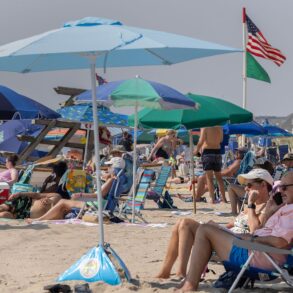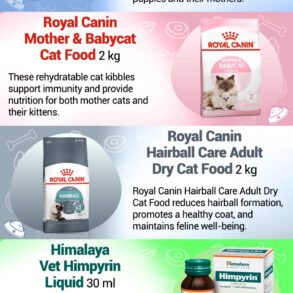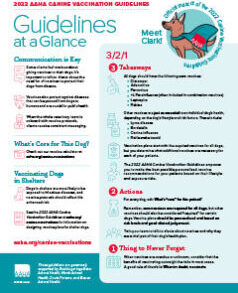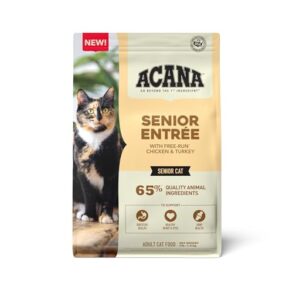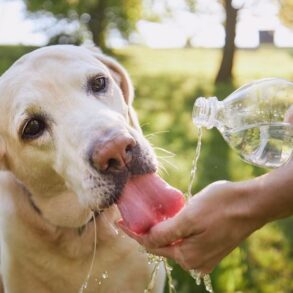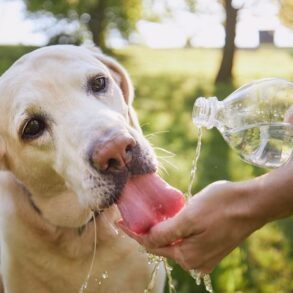
As we step into the new year, it’s the perfect time to start planning for your pet’s health and wellness. Just like us, pets need regular care and attention to keep them feeling their best. Preventative care is an essential part of maintaining your pet’s overall health, and taking a proactive approach now can help avoid serious health issues down the road.
To help you get started, we’ve put together a Preventative Care Checklist for 2025. This checklist will guide you through the key areas of your pet’s health that require attention and will set the stage for a year of happy, healthy companionship.
Annual Checkups with Your Veterinarian
The cornerstone of preventative care is scheduling an annual checkup with your veterinarian. Even if your pet seems healthy, regular checkups help detect any potential health issues early on. During these visits, your vet will perform a thorough examination, review your pet’s medical history, and discuss any concerns you may have.
- What to Expect at the Checkup:
- Physical exam: Your vet will check your pet’s weight, coat, eyes, ears, teeth, and overall condition.
- Health screenings: Depending on your pet’s age and breed, your vet may recommend tests for things like heart disease, kidney function, or thyroid issues.
- Nutritional advice: Your vet will assess your pet’s diet and make recommendations for maintaining a healthy weight.
Why It’s Important: Regular checkups are vital for detecting problems before they become serious, which can lead to more effective treatment and a better outcome for your pet.
Vaccinations and Booster Shots
Vaccinations are a crucial part of keeping your pet protected against common but potentially dangerous diseases. Puppies and kittens need to start their vaccination schedule early, but adult pets also require booster shots to stay protected.
Vaccinations to Consider:
- Core vaccines (e.g., rabies, distemper, parvovirus) are essential for all pets.
- Non-core vaccines may be necessary depending on your pet’s lifestyle or geographic location (e.g., Lyme disease vaccine for dogs, feline leukemia for cats).
Why It’s Important: Vaccinations help protect your pet from infectious diseases that can be costly to treat and potentially life-threatening. Staying up to date on vaccines ensures that your pet’s immune system remains strong throughout the year. Toronto Humane Society’s Public Veterinary Services offers Rabies, DHPP (Distemper/Hepatitis/Parvovirus/Parainfluenza), Leptospirosis, and Bordetella vaccines for dogs and puppies and FVRCP (Feline Viral Rhinotracheitis/Calicivirus/Panleukopenia) vaccines for cats and kittens. Click here to learn more or to book your appointment online.
Parasite Prevention
Parasites like fleas, ticks, and heartworms are more than just a nuisance—they can cause serious health problems for your pet. Prevention is the key to avoiding these pests and the diseases they carry.
Parasite Prevention Tips:
- Fleas and ticks: Make sure your pet is on a year-round flea and tick prevention treatment. In some areas, these parasites are active year-round, while in colder climates, they are more prevalent in the warmer months.
- Heartworm prevention: Heartworm disease is transmitted by mosquitoes and can be fatal if left untreated. A monthly heartworm prevention medication is recommended for most pets.
- Intestinal parasites: Regular deworming helps protect your pet from intestinal parasites like roundworms and hookworms, which can lead to digestive problems and other complications.
Why It’s Important: Parasites can cause a range of health issues, from skin irritation and infections to more severe conditions like Lyme disease or heartworm disease. Consistent use of preventative treatments is essential to keeping your pet safe.
Dental Care
Oral health is just as important for pets as it is for humans, and dental problems are often overlooked. Poor dental hygiene can lead to gum disease, tooth loss, and even more severe conditions affecting your pet’s heart, liver, and kidneys.
Dental Care Tips:
- Brushing teeth: Regularly brushing your pet’s teeth with a pet-safe toothbrush and toothpaste can help reduce plaque buildup and prevent dental issues. Click here for more information on brushing your pet’s teeth.
- Dental chews and toys: Offering your pet dental chews and toys designed to promote oral health can also help keep their teeth clean.
- Veterinary dental cleanings: Depending on your pet’s age and dental health, your vet may recommend professional dental cleanings. Toronto Humane Society’s Public Veterinary Clinic offers dental cleanings for pets under the age of 10. Click here to read more.
Why It’s Important: Proper dental care prevents oral health problems that can lead to pain and more serious health concerns. Regular dental checkups during your vet visits are important for detecting signs of gum disease or tooth decay early.
Weight Management and Diet
Maintaining a healthy weight is crucial to your pet’s overall health and longevity. Obesity can lead to a variety of health issues, including joint problems, diabetes, and heart disease.
Weight Management Tips:
- Portion control: Make sure you’re feeding your pet the right amount of food based on their size, age, and activity level. Consult your vet for personalized feeding recommendations.
- Exercise: Regular physical activity is essential to keeping your pet in shape. Daily walks, playtime, and interactive toys can help your pet stay active.
- Special diets: If your pet has specific health needs (e.g., weight management, food sensitivities), your vet can recommend an appropriate diet.
Why It’s Important: Maintaining a healthy weight can prevent a range of health problems and help your pet live a longer, more active life. Keeping track of your pet’s diet and exercise ensures they stay at their best.
Grooming and Skin Care
Regular grooming is essential to your pet’s comfort and health. Brushing your pet’s coat helps remove dead hair, reduce shedding, and prevent matting. It also provides an opportunity to check for skin issues, such as hot spots, allergies, or parasites.
Grooming Tips:
- Regular brushing: Brushing your pet’s coat helps prevent tangles and mats and reduces the amount of hair they shed in your home.
- Bathing: Depending on your pet’s coat type and needs, bathing them every few weeks or months can keep their skin and fur healthy.
- Nail trimming: Regular nail trims are essential to avoid painful overgrowth, which can affect mobility.
Why It’s Important: Grooming is an important bonding activity and a great way to monitor your pet’s overall health. It helps ensure that your pet is comfortable and free of skin irritations or health issues.
Pet Identification
In the new year, make sure your pet’s identification is up to date. Ensure that your pet’s ID tags are clearly visible with current contact information and double-check that their microchip registration details are accurate.
Why It’s Important: If your pet gets lost, having up-to-date identification increases the chances of being reunited quickly. Microchipping is a permanent form of identification that provides added security. Toronto Humane Society’s Public Veterinary Services offers microchipping.
This post was originally published on this site be sure to check out more of their content.

